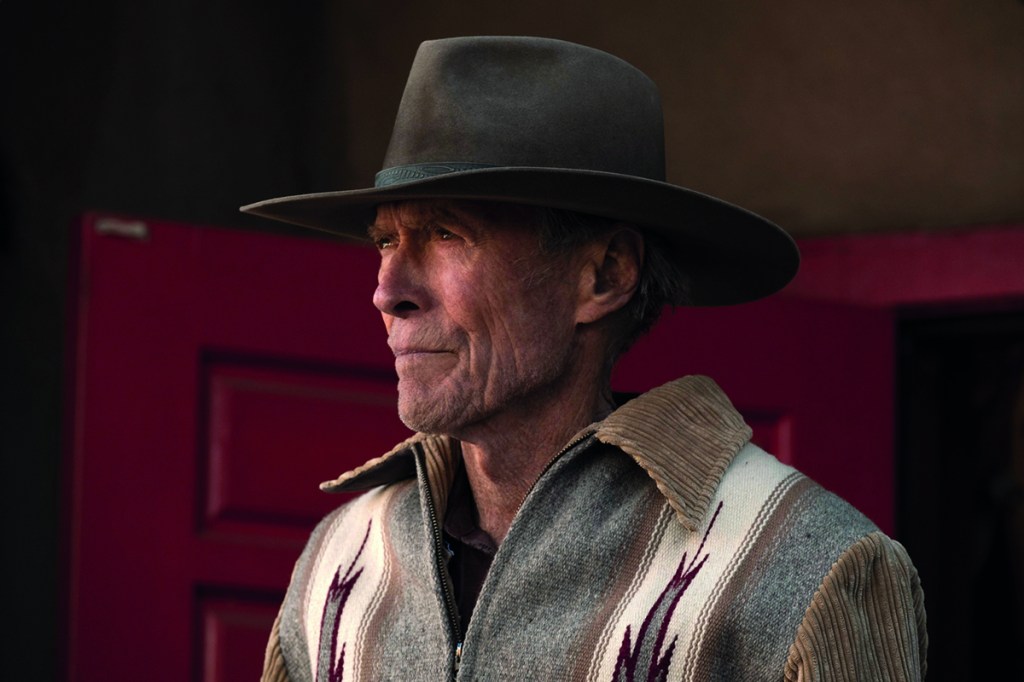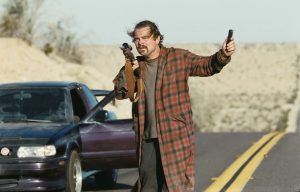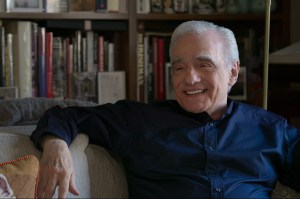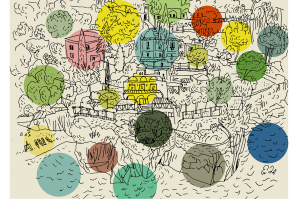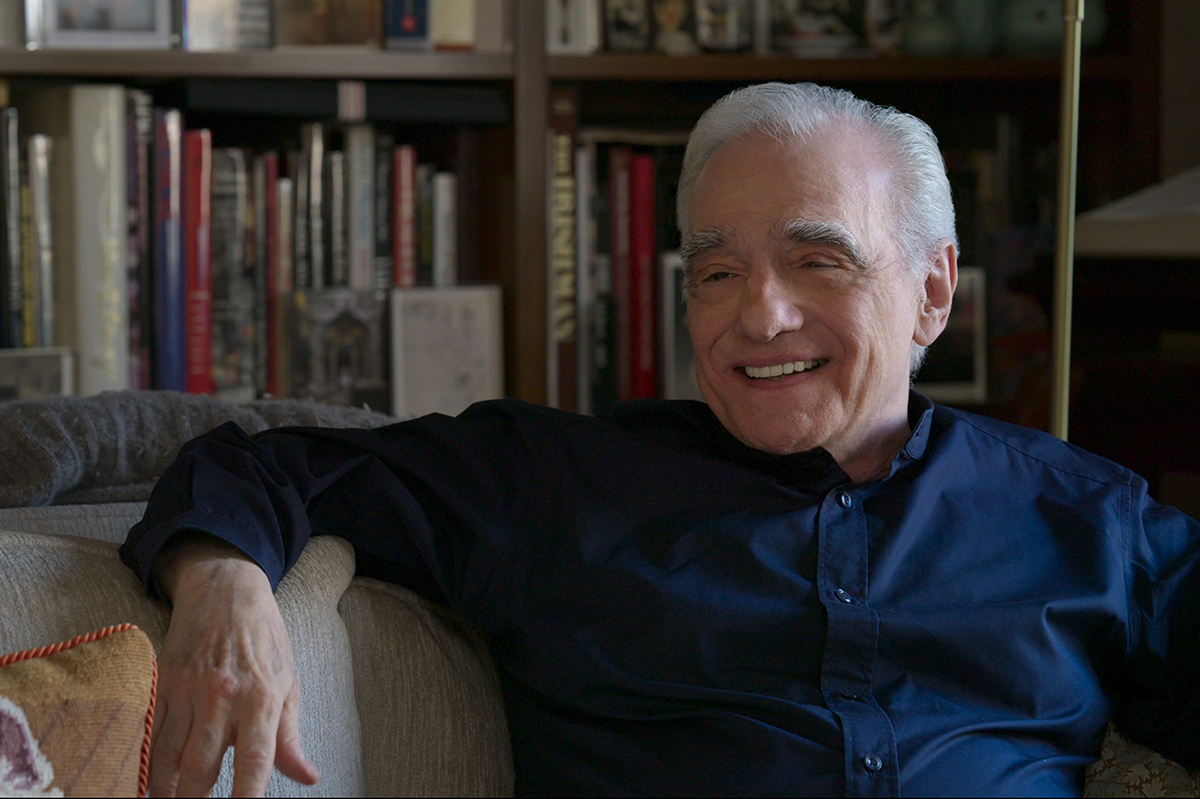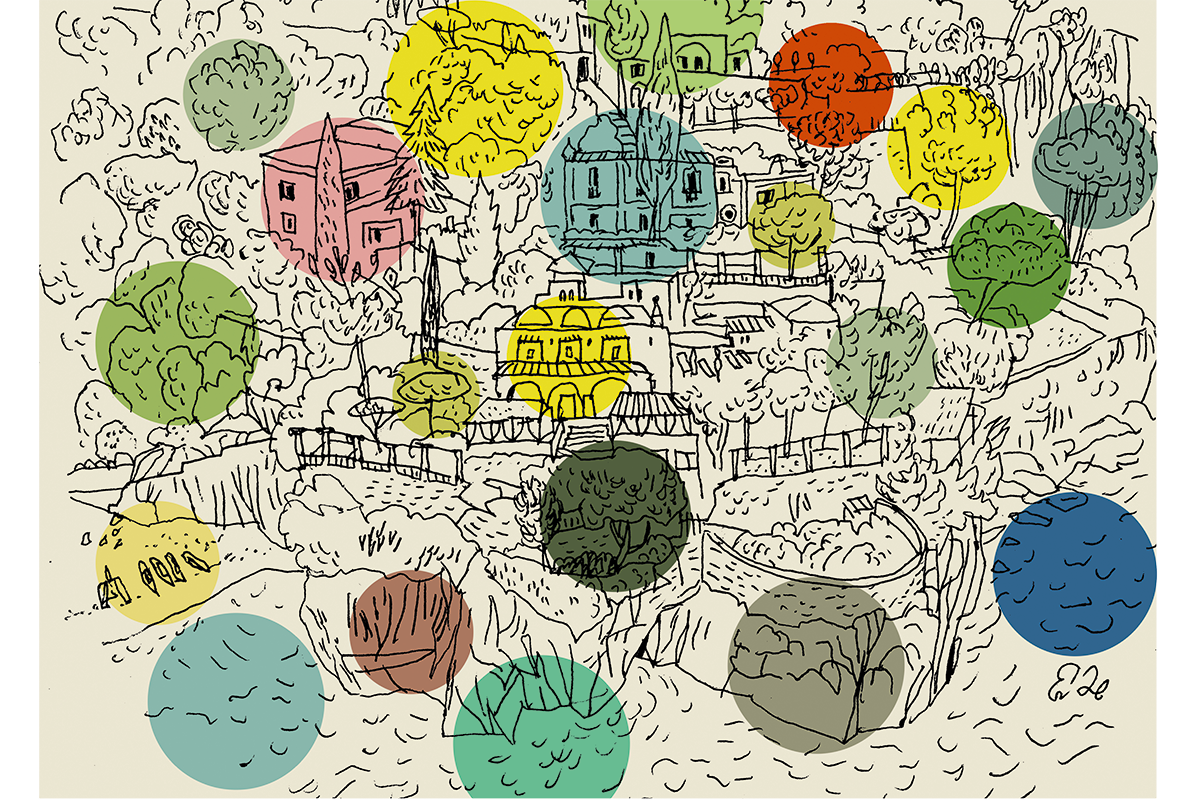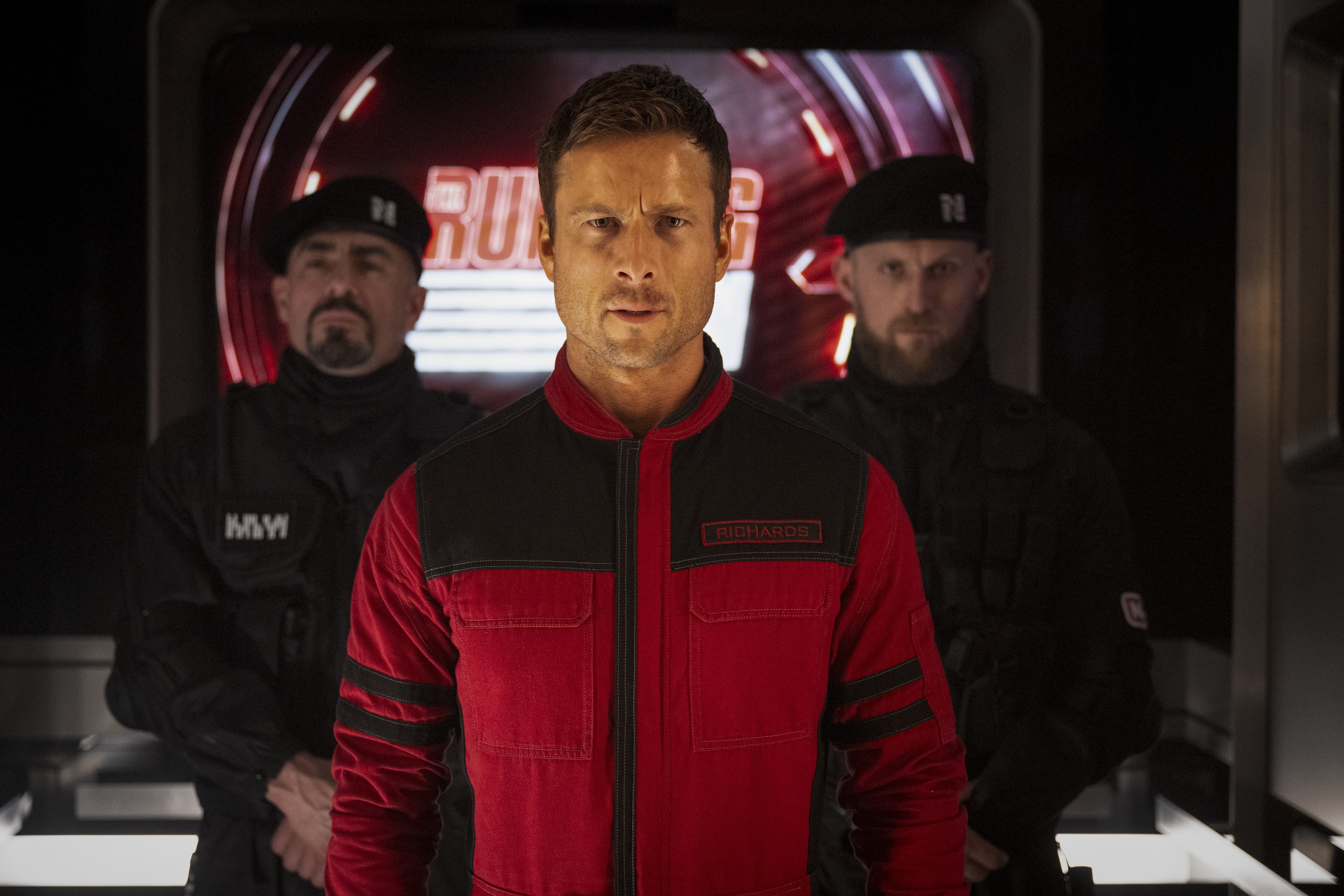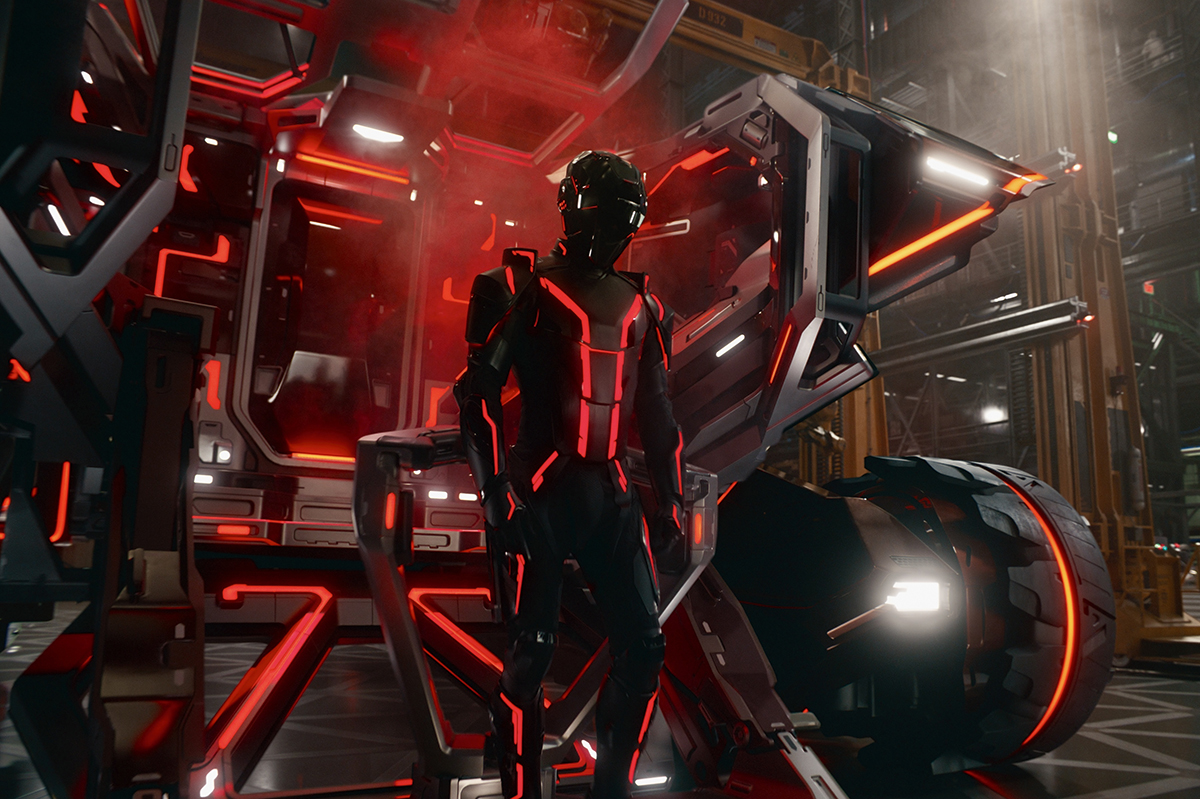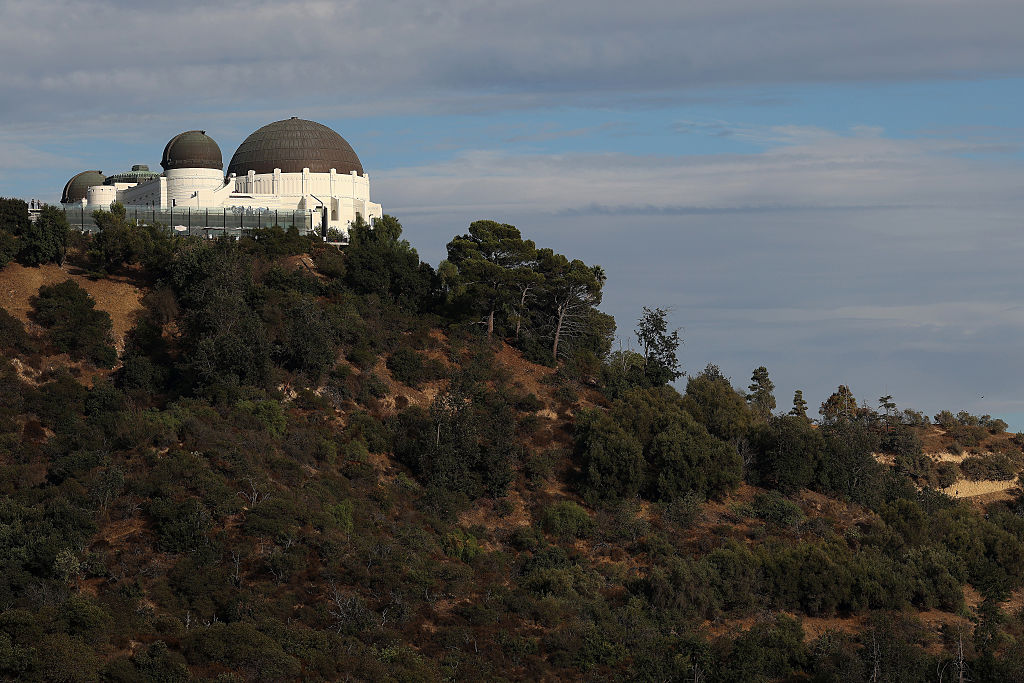No other actor epitomizes traditional masculinity and classic cool quite like Clint Eastwood. He long ago ceased being human and transformed into the American Man. When you watch an Eastwood movie, your understanding of Clint as the ultimate symbol of a bygone America is so potent that an otherwise mediocre movie like Gran Torino feels greater than the sum of its parts because of his mere presence. This is what an American man is supposed to look and sound like, you think, as Clint snarls and puts up his dukes. These young whippersnappers, they’re no good now, you hear. Which is to say that when you watch one of his films, you’re not watching the actor become a different character, but rather hoping to see ‘Clint Eastwood’. Every Eastwood movie for the last 25 years has been about watching him play this part. He is our stoic throwback, the last cowboy, no matter the role, setting or time period. He truly is the last one left, so we’ll suspend our disbelief, so long as there’s even a droplet of legend left in the desert-dry flask.
As an Eastwood aficionado, it pains me to say that his latest effort, the neo-Western Cry Macho, makes it nearly impossible to suspend disbelief. When Mike Milo, former rodeo star and retired ranch hand, slowly steps out of his battered truck — the shot zooms in on the cowboy boot, of course — we await our first glimpse of the symbol with bated breath. But when Clint — excuse me, Mike — is finally framed by the camera, the Texas sun illuminating our great American hero, we get the sense that the slow exit from the truck had less to do with dramatic effect than with Eastwood, like any old man, having a hard time getting out. The spell, for a moment, is broken. Is this the symbol of the American man or merely an old man — and is that what’s happened to the symbol and its sources?
Howard Polk, Mike’s former boss at the ranch (played by the criminally underrated Dwight Yoakam), barges into Milo’s place with a request: retrieve his 13-year-old son from Mexico, where he’s living with his supposedly abusive mother, and bring him to Texas. ‘You owe me, Mike,’ Howard says. And, just like that, we’re on the road with the geriatric Mike as he searches for the boy, Rafo. In Mexico City, Mike stumbles into a party at a mansion, before he’s finally noticed by a pair of henchmen who deliver him to the master bedroom, where he meets Howard’s ex, Leta. Leta promptly informs Mike that Rafo is a delinquent and a no-good little rascal with a penchant for cockfighting. Mike, we learn, is the third man Howard has enlisted to retrieve the boy. Mike heads to the cockfights, where he quickly finds Rafo and his rooster, Macho, and so a very familiar late-era Eastwood plot is set in motion: the grizzled old dog mentors the lost young pup.
What follows is a paint-by-numbers affair in which the Eastwoodian symbol is tasked with imparting gravitas and tension to a series of predictable developments. In the compulsory scene in which the budding partners spend a night under the stars in the Mexican desert, Mike delivers terse epiphanies about manhood and life, but the lackluster chemistry between Eastwood and Eduardo Minett, the young actor who plays Rafo, reminds us that we’ve seen this a thousand times before and to greater effect.
Mike and Rafo are being followed by Leta’s henchmen, but the stakes never feel high, so when they’re confronted by a bad hombre outside a cantina, you’re not worried about the old man and the boy but rather counting down the minutes until they’re on the road again. Mike puts his hands up, but thankfully it’s Macho, the rooster, who attacks, sparing us a scene in which Mike effortlessly trounces a man 50 years his junior. Still, watching Eastwood be upstaged by a cockerel — even if its name is Macho — is tough to take.
Cry Macho never quite hits its stride, but when the boys have car trouble and end up marooned in a small Mexican town for two weeks, some of that Eastwood magic unexpectedly shines through. Mike meets and falls in love with a widowed cantina owner named Marta. It’s clichéd, yes, and even silly when Mike and Marta share their first kiss in the empty cantina, but there’s a surprising grace and sweetness to the scene that catches you off guard. Mike tames wild horses while in town and loses track of the days, until Howard calls and it’s time to get back on the road. After one last incident with Leta’s men — Macho saves the day again — Rafo is delivered to his father. Predictably, and somehow movingly, Mike ends up with Macho. This might not be the symbol you were looking for, but it’s a potent one nonetheless: time catches up to all of us, even the legends.
This article was originally published in The Spectator’s November 2021 World edition.



